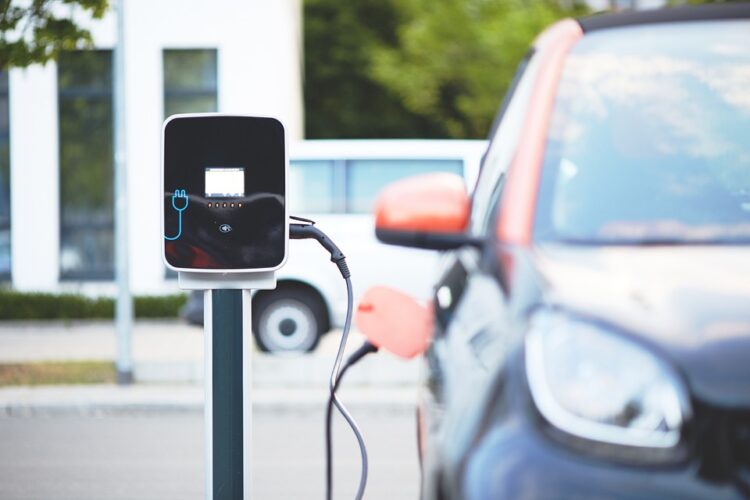
EU member states on Tuesday confirmed a regulation which envisages a ban on the sale of vehicles with internal combustion engines as of 2035, with the exception of vehicles to use synthetic or so-called e-fuels.
In mid-February, the European Parliament supported an agreed text of the regulation but its adoption by the Council of the EU was blocked in early March after Germany opposed it at the last moment, asking that the sale of new vehicles with internal combustion engines using e-fuels be allowed. Italy, Poland and Bulgaria joined Germany in its opposition to the regulation.
After the European Commission reached an agreement with Germany under which the existing text of the law banning vehicles with internal combustion engines stays the same, the EC committed itself to adopt a delegated regulation that would introduce a new category of vehicles in the EU for vehicles running only on carbon-neutral fuels.
At a meeting of the energy ministers today, Italy, Romania and Bulgaria abstained from the vote, Poland was the only one to vote against, and all the other countries voted in favour of the regulation.
The regulation goes into force on the day of its publication in the EU Official Journal. It envisages a 55% reduction in carbon dioxide emissions from new cars and a 50% reduction for light delivery vehicles in the period from 2030 to 2034, as well as a 100% reduction as of 2035 for both categories of vehicles.
According to a statement by the Council, the EC will present a proposal for the registration of vehicles using carbon-neutral fuels after 2035.
Synthetic or e-fuels are made of pure hydrogen and carbon dioxide taken from the atmosphere. Those fuels can be used by current internal combustion engines. Their combustion releases carbon dioxide that has been taken from the atmosphere so it does not contribute to increasing carbon dioxide emissions and under the delegated regulation, this will be considered a carbon-neutral fuel.
The technology of producing e-fuels is still in its beginnings and far from commercialisation. Their production requires huge amounts of electricity from renewable sources to obtain pure hydrogen through electrolysis.
Many warn about possible misuse because conventional fuels will continue to be sold at petrol stations even after 2035 as vehicles produced before that year will still be in use.





Kakvo je tvoje mišljenje o ovome?
Budi prvi koji će ostaviti komentar!